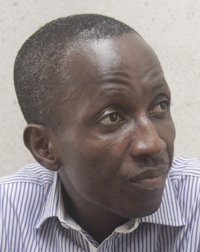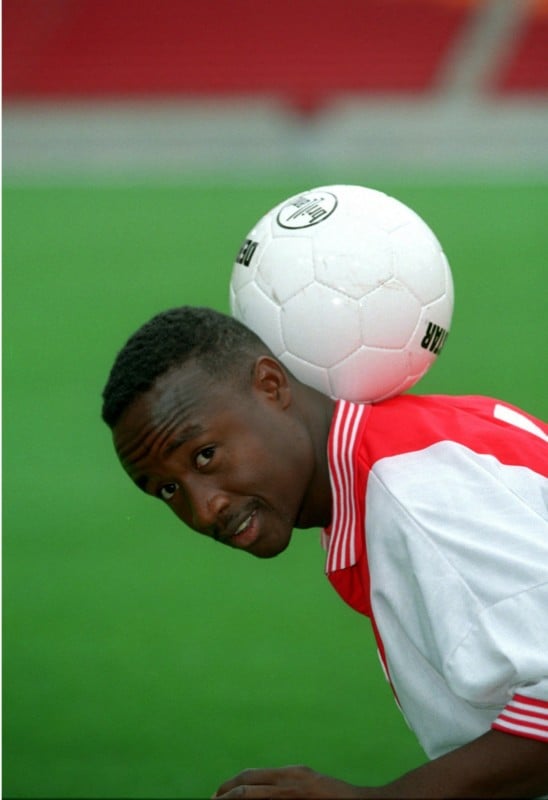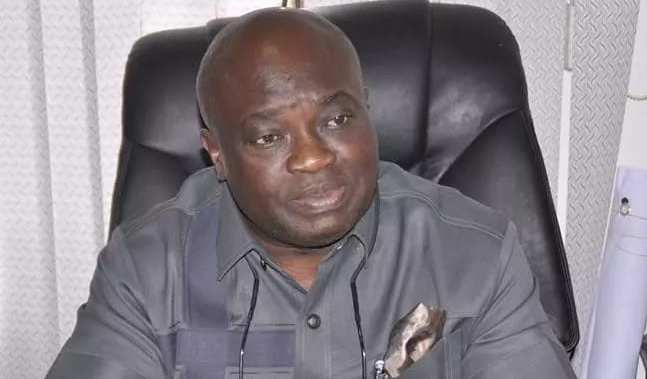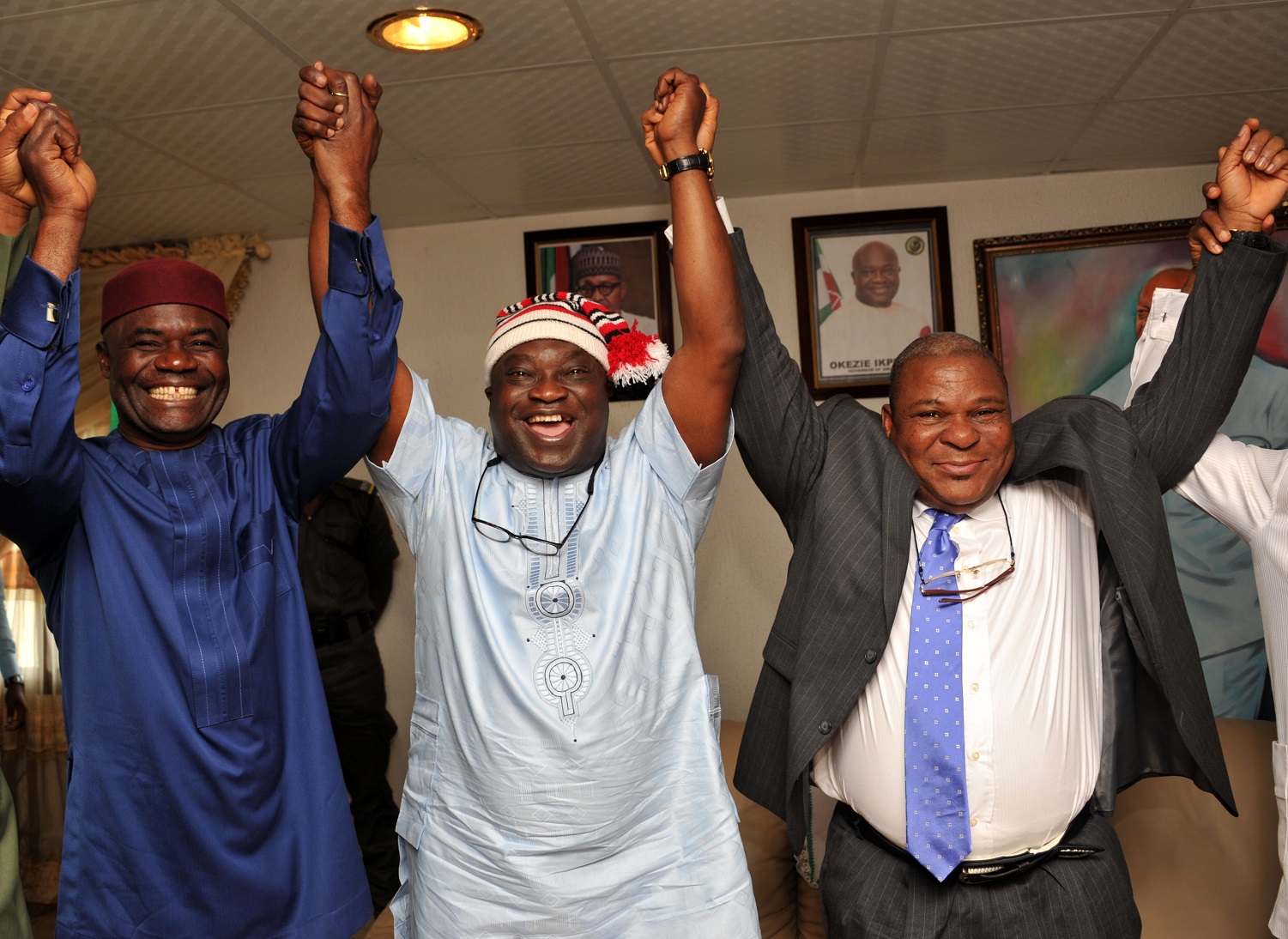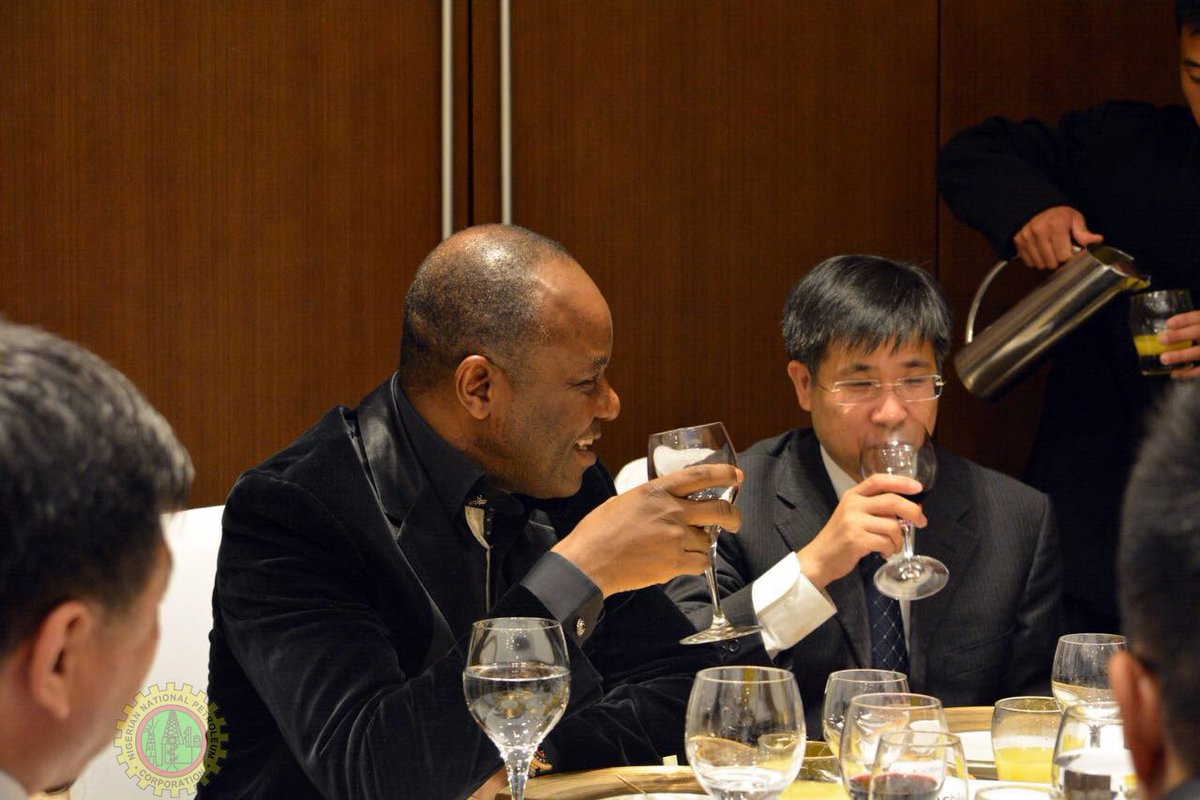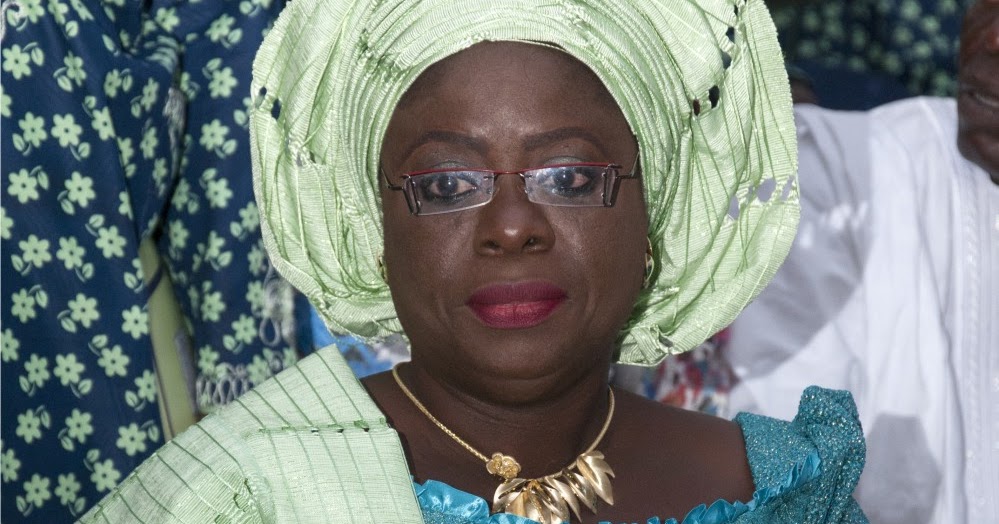This title is not original to me. It belongs to a former chief of army staff, Salihu Ibrahim, who used the phrase in 1993 at his passing out parade. Over two decades after the general challenged soldiers to remain professional and true to their calling by not operating “mini-armies within the larger Nigerian army” it appears the more things change, the more they remain the same. It is not clear if our officers and men have clearly grasped the fact that a successful army is one that is not only responsible to its commander-in-chief but also the citizens it is supposed to protect.
The statement of the army spokesman, Sanni Usman, accusing this medium of supporting terrorism by publishing “subversive reports” brings Ibrahim’s comment to focus once more. Usman’s weighty and grave accusation was as a result of a five-part series published last week under the title “Forgotten Soldiers”. In the interest of full disclosure, I must declare that I’m in the midst of this somehow because I write a weekly column for this newspaper and also sit on the board of the International Centre for Investigative Reporting (ICIR), which sponsored the series, reported by Fisayo Soyombo. Interestingly, I was not part of the selection process for obvious conflict of interest but was informed, with other board members, when Soyombo was given the grant to pursue the stories. Other eminent Nigerians – even if I’m the one saying so – sit on the board, you may check the organisation’s website.
Apparently, our army is more comfortable with “press release journalism” whereby it issues press release of its activities and “successes” on the war front especially against Boko Haram but gets jittery when light is shone on its under-reported activities and actions. If you have not read the series, please take time and do so and you will admit that it’s one of the finest moments of journalism in this part of the world. Whatever was obtained under cover was indicated, as some soldiers could not definitely speak on record. Pressed to respond to some questions, Usman resorted to bluffing preferring instead to label The Cable as “the enemy of the people.” He further alleged that the stories are part of a “campaign of calumny” adding “no country would tolerate the attitude of subversive elements such as the ICIR and its partner medium, The Cable, especially at the very critical national security situation.”
Usman preferred not to defend the army but rather advocate stylishly for media gagging. To him every report must praise and not criticize or shine the light on the dark alleys of our soldiers. While we must commend our soldiers for their gallantry particularly against Boko Haram, the fact remains that their heroism comes at a steep price and this was what the series hinted at as soldiers are being denied their entitlements, military hospitals not properly equipped to deal with war casualties, and clear signs of post traumatic stress disorder among the soldiers. All these despite the money appropriated for the soldiers just as some are spending more time than necessary on the front without being replaced. Offered to state the army’s angle, Usman bluffed and resorted to name-calling.
Advertisement
Perhaps Usman has forgotten that we are in a democracy and so the media and citizens too cannot just keep quiet about the activities of our army. This column had noted the extra judicial killings perpetrated by our soldiers in Zaria, Kaduna State involving them and followers of El-Zakzaky and the ones against members of the Indigenous Peoples of Biafra organisation some weeks back. We have also seen how some officers were involved in diversion of money meant for arms purchase to their pockets putting the lives of those at the front at risk. We have also seen how our current chief of army staff saved enough to own properties in Dubai, United Arab Emirates and a tepid defence put up by the same public relations directorate of our army.
The Nigerian army has a school of public relations where officers and men are trained in the art of public relations. Apparently the school needs to do more as the army’s fine tradition of robust information management is being thrown to the dogs with the kind of defence Usman is presenting. Six years ago I was a guest of the Directorate of Army Public Relations as a guest lecturer at its annual conference in Kaduna, Kaduna State. It was the Nigerian army at its best for me as even the driver, a lieutenant, who picked me from the airport obeyed all traffic rules without running others out of the road as our soldiers are prone to do. Our army, especially the public relations directorate, can make do with more of such officers.
Advertisement
Add a comment
